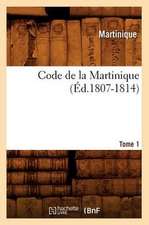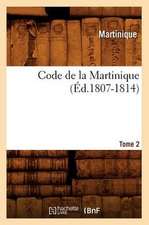Human Rights in Translation
en Limba Engleză Hardback – 25 oct 2018
| Toate formatele și edițiile | Preț | Express |
|---|---|---|
| Paperback (1) | 368.87 lei 6-8 săpt. | |
| Rowman & Littlefield – 13 aug 2020 | 368.87 lei 6-8 săpt. | |
| Hardback (1) | 671.73 lei 6-8 săpt. | |
| Rowman & Littlefield – 25 oct 2018 | 671.73 lei 6-8 săpt. |
Preț: 671.73 lei
Preț vechi: 920.17 lei
-27% Nou
Puncte Express: 1008
Preț estimativ în valută:
128.61€ • 133.93$ • 106.71£
128.61€ • 133.93$ • 106.71£
Carte tipărită la comandă
Livrare economică 14-28 februarie
Preluare comenzi: 021 569.72.76
Specificații
ISBN-13: 9781498581417
ISBN-10: 1498581412
Pagini: 260
Dimensiuni: 152 x 229 x 24 mm
Greutate: 0.54 kg
Editura: Rowman & Littlefield
ISBN-10: 1498581412
Pagini: 260
Dimensiuni: 152 x 229 x 24 mm
Greutate: 0.54 kg
Editura: Rowman & Littlefield
Notă biografică
Michal Jan Rozbicki is professor of history at Saint Louis University.
Descriere
This collection examines the concept of human rights in a variety of cultural and historical contexts. The contributors analyze cognitive contexts that produce different meanings of rights, identify spaces of intercultural crossings where differences can coexist, and offer narratives and metaphors to help mediate between distinct cultures.

















![Traite Du Jeu: Ou L'On Examine Les Principales Questions de Droit Naturel [V1] (Ed.1709)](https://i4.books-express.ro/bt/9782012774193/traite-du-jeu.jpg)


